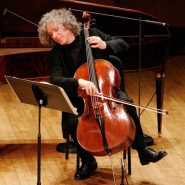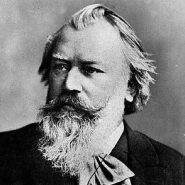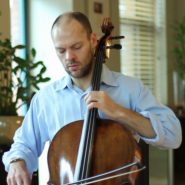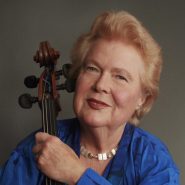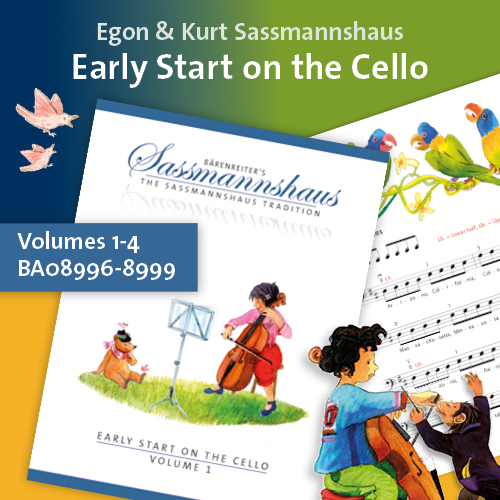Tag: exploration
By Avery Waite October 22, 2013
Subjects Artistic Vision
Tags activities, after-school music, Avery, balance, beauty, cello, challenges, Community, contradictions, culture, El Sistema, energy, Enharmonically Equivalent, exploration, fruit, gangs, healing, Jamaica, Kingston, music, neighborhoods, passion, safety, students, Teaching, Travel, violence, Waite
By Selma Gokcen February 18, 2013
Subjects Playing Healthy
Tags Alexander Technique, associations, balance, bowing, calm breathing, cello, cellobello, contraction, engage in conversation, exploration, Gokcen, Habits, head-neck-back relationship, ischial tuberosities, natural, natural movement, negative associations, one-sided instrument, opposition, pelvic rocker bones, positive associations, posture, power, practicing, quiet practice, receive the cello, relationships, rotation of the spine, Selma, shifting weight, simple activities, sitting, Six Part Series, Spine, tension, tension in shoulders and back, thinking in new ways, torso, understanding, value
By Selma Gokcen February 3, 2013
Subjects Playing Healthy
Tags Alexander Technique, animate, arms, attention, automatic movement, back, behave, brain, cello, cellobello, collapse, doing, exploration, feet, fingers, force, Gokcen, Habits, hands, laying on the floor, learning, legs, manifest, mental messages, music, music-making, nature, neck, Observation, overcome deeply ingrained habits, Pablo Casals, Patrick Macdonald, perceive, powerful expressiveness, pressure, primary information, process, pushing, re-education, react, rediscovering, Selma, shortcuts, shoulders, strain, stretching, the value of quietness, thinking
By Brant Taylor May 2, 2012
Tags artistry, Auditions, Brahms, Brant, cello, cellobello, color, control, dynamics, Excerpts, exploration, fingerings, goals, inflection, legato, nuance, shifting, success, Taylor, tempo, understanding
By Selma Gokcen October 22, 2011
Subjects Playing Healthy
By Brant Taylor July 19, 2011
Subjects Practicing
Tags aspirations, Awareness, bow speed, Brant, cello, cellobello, character, concentration, concepts, contact point, creativity, details, effortless, exploration, finesse, fundamentals, harmony, ideas, Janos, legato, lessons, Listening, musical, Philosophy, release, skills, small details, solutions, Starker, Taylor, tension, vibrato, weight
By Bonnie Hampton May 4, 2011
Subjects Artistic Vision
Tags Bonnie, cello, cellobello, character, clarity, communication, Coordination, discussion, Experience, exploration, expression, Hampton, hands, improvement, individual voice, individuality, Listening, music, musicianship, passion, personality, possibilities, searching, Sound, Teaching, vibrato, virtuosity
By Selma Gokcen April 25, 2011

